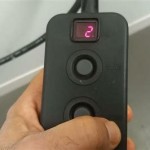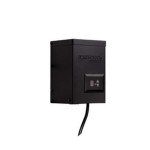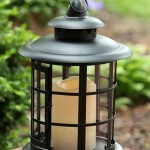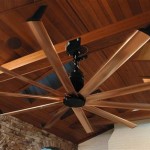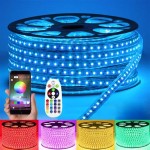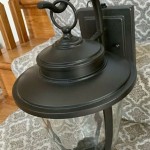Do Outdoor Bug Lights Work?
Out of the many remedies and deterrents available for keeping bugs away, outdoor bug lights are a popular choice because they promise a safe, non-toxic, and permanent solution to the problem. However, as is the case with every product on the market, it's only right to research thoroughly and understand how a product works before making a purchase. Thus, in this article, we will examine the various aspects of outdoor bug lights in order to answer one question: Do outdoor bug lights really work?
Essential Aspects to Consider
When considering the efficacy of outdoor bug lights, there are several essential aspects to factor in. These include the type of light emitted, the wavelength, the surrounding environment, and the specific bugs you're trying to repel. Understanding how each of these aspects interacts with the performance of outdoor bug lights will provide a clearer picture of their effectiveness.
Type of Light
Outdoor bug lights typically emit one of two types of light: ultraviolet (UV) light or LED light. UV lights emit a specific wavelength of light that attracts insects, while LED lights emit a variety of wavelengths, some of which are effective at repelling bugs. The type of light emitted will significantly influence the effectiveness of the bug light.
Wavelength
The wavelength of light emitted by outdoor bug lights is crucial. Insects are attracted to specific wavelengths of light, so it's essential to choose a bug light that emits a wavelength that matches the insects you're trying to repel. For instance, mosquitoes are attracted to light in the blue-violet spectrum, while moths are attracted to light in the yellow spectrum.
Surrounding Environment
The surrounding environment can also impact the effectiveness of outdoor bug lights. Factors such as temperature, humidity, and wind speed can affect how insects behave and how well they respond to bug lights. For example, cold weather and high winds can reduce the effectiveness of bug lights, while warm, humid weather can make them more effective.
Target Bugs
Not all outdoor bug lights are created equal. Some are designed to repel specific types of bugs, while others are more general-purpose. If you're targeting a particular type of bug, it's essential to choose a bug light specifically designed to repel that bug. This will ensure that you're targeting the right species and increasing your chances of success.
Other Factors
In addition to the essential aspects mentioned above, other factors can also influence the effectiveness of outdoor bug lights. These include the size of the area you're trying to protect, the number of bug lights you're using, and the placement of the bug lights. By considering these factors carefully, you can optimize the performance of your outdoor bug lights and increase their effectiveness.
Conclusion
The effectiveness of outdoor bug lights depends on various essential aspects, including the type of light emitted, the wavelength, the surrounding environment, and the target bugs. By understanding how these aspects interact with the performance of bug lights, you can make more informed decisions about which type of bug light is right and improve your chances of keeping insects away from your outdoor space.

Do Bug Zappers Work Wirecutter

Do Bug Zappers Work Wirecutter

Do Yellow Bug Light Bulbs Work 1000bulbs Blog

How Do Bug Lights Work

How Do Bug Lights Work

How Bug Lights Work Will A Yellow Light Actually Keep Bugs Away

Do Bug Lights Work Light That Repels Bugs

How Bug Zappers Work Howstuffworks

7 Best Bug Zappers 2024 Indoor Mosquito And Insect

Do Yellow Bug Light Bulbs Work 1000bulbs Blog
Related Posts
